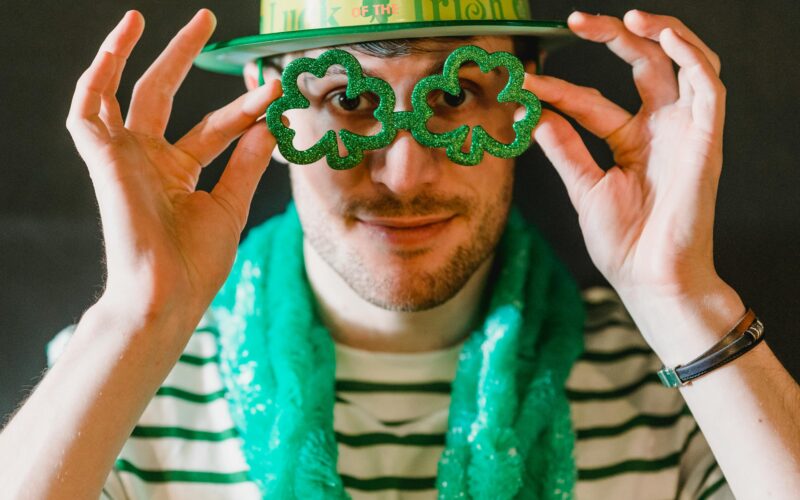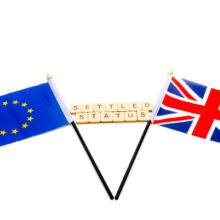ShareTweet Finding a Place to Live in Ireland: Rent, Buy, or Share? | Ireland Housing Guide Finding a Place to Live in Ireland: Rent, Buy, or Share? Your essential guide to navigating the Irish housing market when moving from the…
Irish English: It’s English, But Not As You Know It!

Language – It’s English, But Not As You Know It!
Your hilarious survival guide to Irish English when moving from the UK
So you’ve moved to Ireland, thinking “Well, at least they speak English!” Oh, you sweet summer child. You’re about to discover that Irish English is like your favourite pub’s house special – familiar ingredients, but the recipe will leave you delightfully confused.
Consider this your phrasebook to avoid standing in shops like a bewildered eejit or accidentally insulting someone’s mother when you’re just asking for directions to the bathroom!
The Vocabulary Gap: Lost in Translation
You might think we share the same language, but Irish English has its own delightful lexicon. Here’s what you need to know:
The Grand Lexicon of Confusion
-
Press(Not a printing device!)What you call a cupboard. As in “The cups are in the press.”
-
Yoke(Universal term for unidentified objects)Thingamajig/Whatchamacallit. “Pass me that yoke there.”
-
Runners(No, they’re not athletes)What you call trainers. “Where are me runners?”
-
Mineral(Not just sparkling water)Any fizzy drink. “Get me a mineral from the fridge.”
-
Messages(Not checking voicemail)Grocery shopping. “I’m going for the messages.”
The Mysterious World of Irish Grammar
Irish syntax has its own rhythm, like a fiddle tune your brain can’t quite follow at first:
The Double Positive Negative
“I will, yeah!” actually means “No” in Ireland. Context is everything – watch the eyebrows for clues!
Past Tense Adventures
“I’m after eating” doesn’t mean you’re pursuing a meal. It means “I just ate.”
The Eternal Present
Time is fluid like Guinness in Ireland. “This cake is lovely when you’ll be eating it”
Question Tags Galore
Irish questions often need multiple confirmation points: “It’s raining, isn’t it, no?”
Craic 101: The Most Important Word
Forget “hello” – craic (pronounced “crack”) is the cornerstone of Irish conversation:
The Craic Matrix
-
“What’s the craic?”How are you?/What’s happening? (Not asking about drugs!)
-
“We had great craic”We had an excellent time (completely legal fun!)
-
“Craic was ninety”It was legendary (the highest possible rating)
-
“He’s some craic”He’s very entertaining (not a criminal!)
Survival Phrases for Social Situations
Master these to avoid being labeled “the awkward Brit” at the pub:
Pub Lingo Essentials
-
“Will ye have a mineral?”
Fancy a soft drink? (Say yes to Club Orange!)
-
“I will in me hole!”
Absolutely not (Colorful refusal)
Encouragement & Fatigue
-
“Give it a lash!”
Try it! (From dancing to eating spicy crisps)
-
“I’m banjaxed”
Exhausted (Standard post-pub state)
You’re Now Semi-Fluent in Irish English!
With these linguistic tools, you’ll graduate from confused blow-in to honorary Irish speaker. Remember: if someone calls you a “gobshite” with a smile, it’s a term of endearment. Probably.
Slán go fóill! (That’s “goodbye for now” – see, you’re learning already!)



